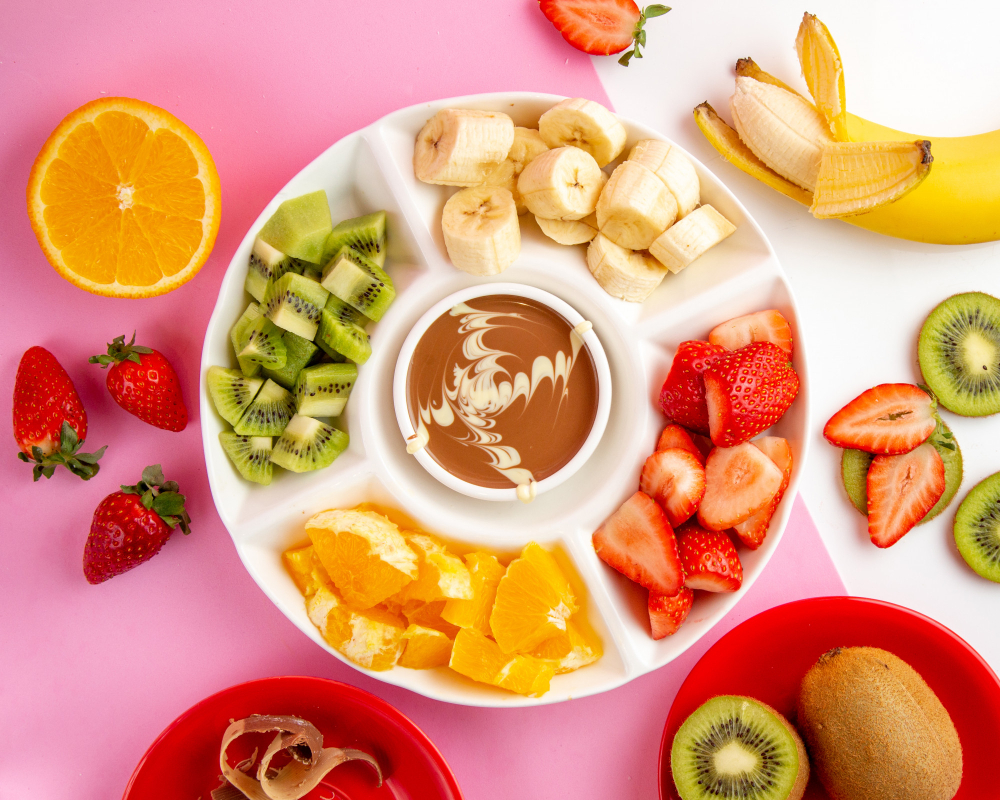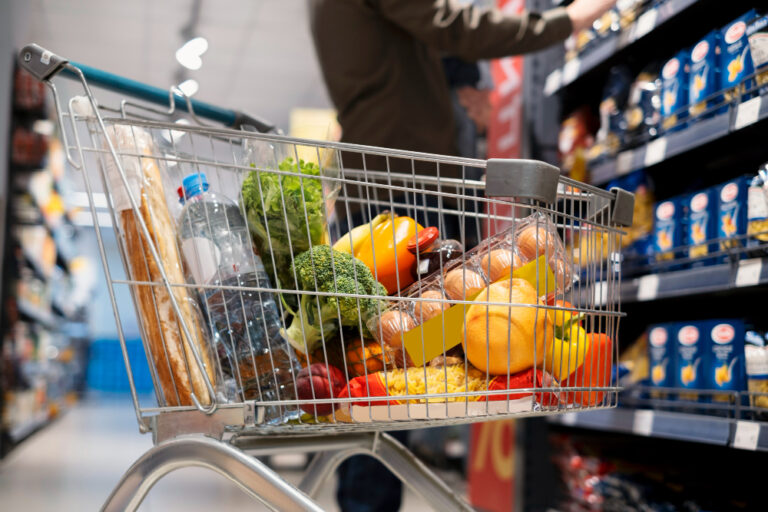Among the most crucial choices you make is selecting the greatest cuisine for your kid. Parents want food that is not just nutritious but also devoid of dangerous chemicals and simple to prepare. Organic baby food offers a natural, hygienic choice that satisfies all these criteria. But why is it really the greatest one? Let’s explore how organic baby’s food helps your child’s health and growth as well as its advantages.
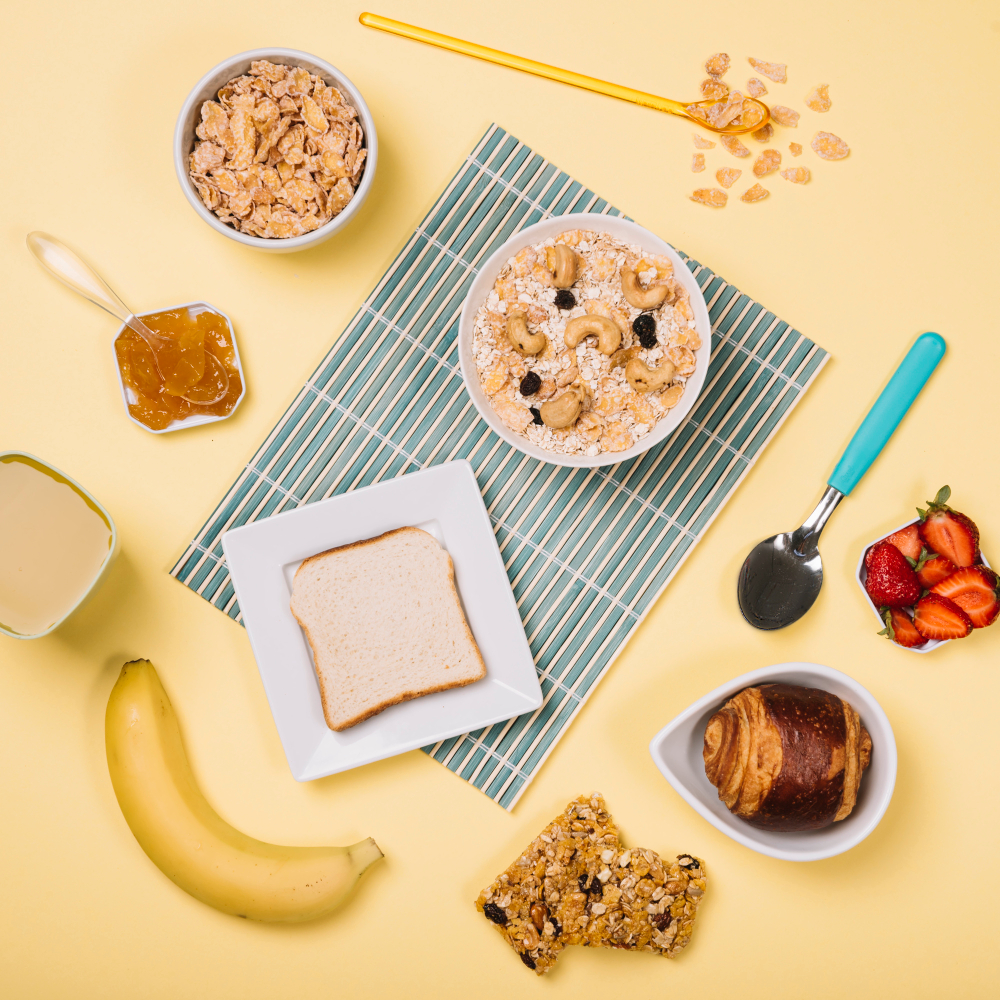
What Is Organic Baby Food?
Made from vegetables and animals cultivated free from chemical fertilizers, pesticides, or genetically modified organisms (GMOs), organic baby food is It is basically as much food near to nature as is practically feasible. To guarantee that organic food production is free of dangerous chemicals and safe for the environment, the US Department of Agriculture (USDA) sets a high criterion for it. Organic baby food’s purity appeals to many parents who know it lowers the danger of exposing poisons to their offspring.
Why Choose Organic Baby Food?
Parents choose organic baby food on typical choices for many very interesting reasons. Let’s consider the primary advantages:
Low pesticides and chemicals
The capacity of conventional infant food to chemical remnants from pesticides becomes one of the main issues. These drugs are used in traditional farming to guard crops; nevertheless, scars linger on the food we consume. Children are vulnerable particularly for these poisons as their bodies are still growing. For your kid, an organic baby free of pesticides is a safer and cleaner alternative in terms of food.
GMO-Free
Plants or animals transformed into a laboratory to boost symptoms including growth or pest resistance are known as genetically modified organisms (GMOs). Although conventional meals sometimes include genetically modified organisms, biological food is not permitted including them. Many parents want to have an alternative free from any genetic changes as many of them are concerned about the long-term health consequences of GMOs.
Higher Nutritional Value
Typically, organic foods provide more nutrients than conventional recipes. The main objectives of organic farming are maintaining soil conditions and producing crops high in minerals, vitamins, and antioxidants. Organic dairy and meats also come from animals free of antibiotics or hormones. Offering your child organic food is offering them nutrient-rich food that advances long-term wellness.
Health Benefits of Organic Baby Food
Selecting biological goods not only improves the health of your kid but also helps to create a safer and cleaner surroundings. The following are some main advantages for health from organic infant food:
Promotes Healthy Growth
For correct development and growth, newborns need nutrients high in value. Often filled with vital minerals like iron, calcium, and vitamins, organic baby food is given to their kid as building blocks they need to grow.
Reduces Risk of Allergies
Although additional study is needed, several studies indicate that consuming organic food could lower allergy risk. Organic baby food devoid of synthetic colors and preservatives that some youngsters find triggering allergic responses is also free of artificial additions. Knowing that their child’s diet is clean and free from these potential obstacles gives many parents great confidence.
Supports Digestive Health
Another growing digestive system for your kid is organic baby food. Infants may easily digest without chemical additions, help to improve intestinal health, and lower their likelihood of stomach issues.
Is Organic Baby Food More Expensive?
Indeed, organic baby food is more costly than conventional baby food as more time and rigorous cultivation methods need. Still, many parents think that the long-term advantages of organic food—Beautiful health and fewer toxins—are worth the additional expense. Here are some ideas to save costs on baby food if price concerns you:
- Buy in bulk: Some stores provide discounts when you buy a large amount of baby food.
- Make your own: Buying biological materials and making your baby food at home can be a more economical option.
- Shop seasonally: Organic yield is often inexpensive when it occurs in weather.
- Watch for sales: See out for sale or special promotion on organic baby products.
How to Make Your Own Organic Baby Food
Making it yourself is the greatest approach to guarantee fresh and healthy meals for your kid. Apart from homemade organic baby food, which allows you control over ingredients, it might also be a more affordable choice. Starting with these few actions will help:
- Choose organic ingredients: Purchase organic produce from your neighborhood farmer’s market or grocery shop, including fruits and grains.
- Cook and blend: After softening the food by boiling or steaming, purée it smoothly. To get a creamy consistency, you may, for instance, steam organic carrots and combine them with a little amount of water.
- Store properly: Store the puree in airtight containers. It can remain in the refrigerator for three days or may be frozen for later use.
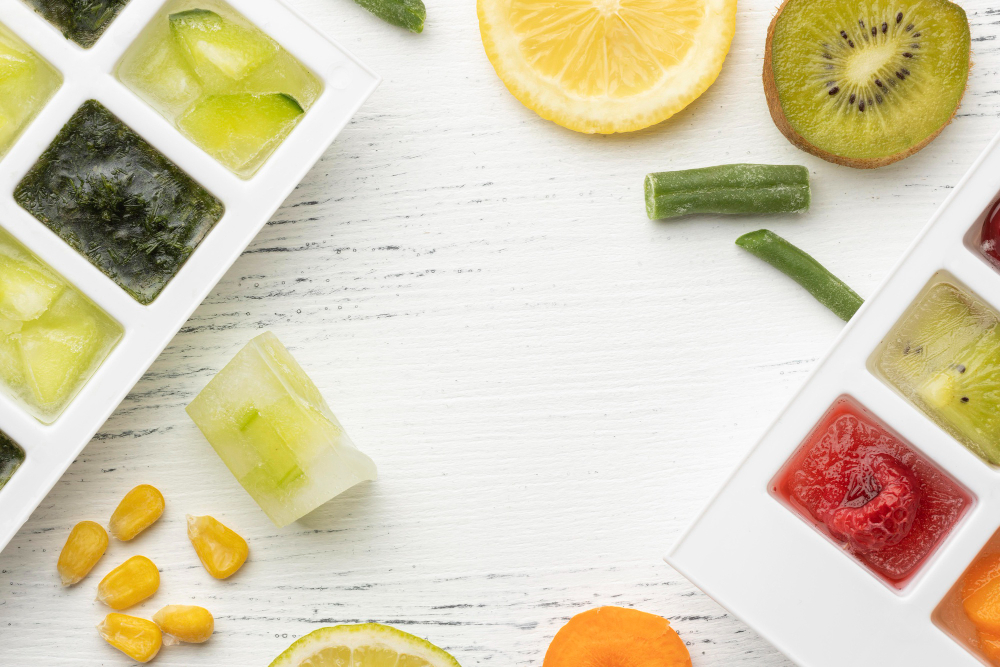
How to Choose the Best Organic Baby Food Brands
Buying organic baby food calls for choosing a trustworthy brand. These ideas could assist one to choose the finest solutions:
- Look for certifications: Check the organic seal or label like USDA organic certification, which guarantees the product that meets strict standards.
- Read ingredient lists: Avoiding opt, addition sugars, artificial tastes, or preservatives for baby food with small component lists.
- Select age-appropriate food: Organic baby food comes in different stages. Stage 1 is a smooth puree that is just suitable for children suitable for solids, while steps 2 and 3 have chirping textures for old children.
Addressing Common Concerns
“Is organic baby food really better?” many parents ask. Perhaps “what if I can’t afford it all the time?” It makes logical for issues. Although baby food offers several advantages, most of them are related to your kid obtaining a balanced and healthy diet. If not quite biological, start with the organic forms of “dirty dozen” (the pesticide residues of foods are most probable), including strawberries, spinach, and apples. You are thereby reducing the contact with the foods with the greatest danger.
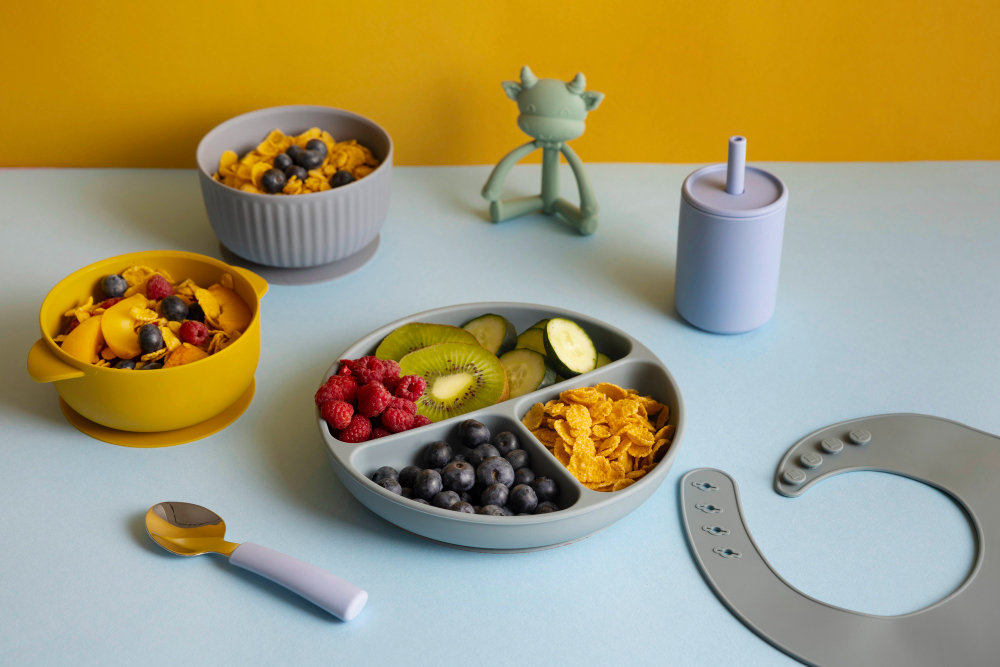
Is Organic Baby Food Worth It?
At last, selecting an organic baby food is an individual choice. It has advantages like improved nutrition, reduced chemicals and possible health benefits even if its cost might be more. Many parents find the most natural food to be priceless, the peace of mind that comes with the safest feeding for their kid. Organic baby food is a great choice to assist your child’s healthy growth whether you prepare it yourself or purchase from trustworthy manufacturers.
Ready to Make the Switch?
If you are ready to provide your child the greatest start, think about include organic baby food into their diet. Whether you prepare it at yourself or purchase it from reputable manufacturers, your decision will help your kid develop and stay generally healthy.

